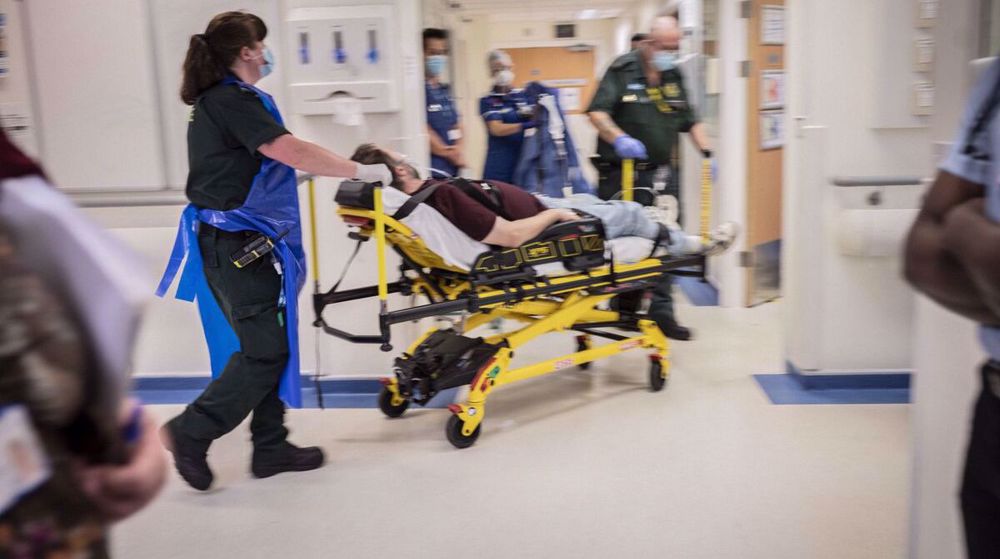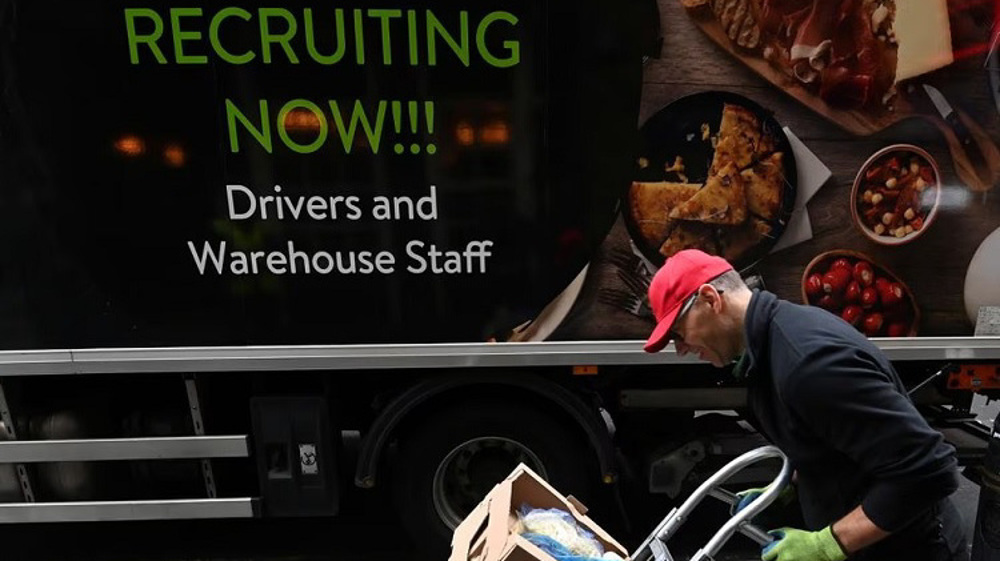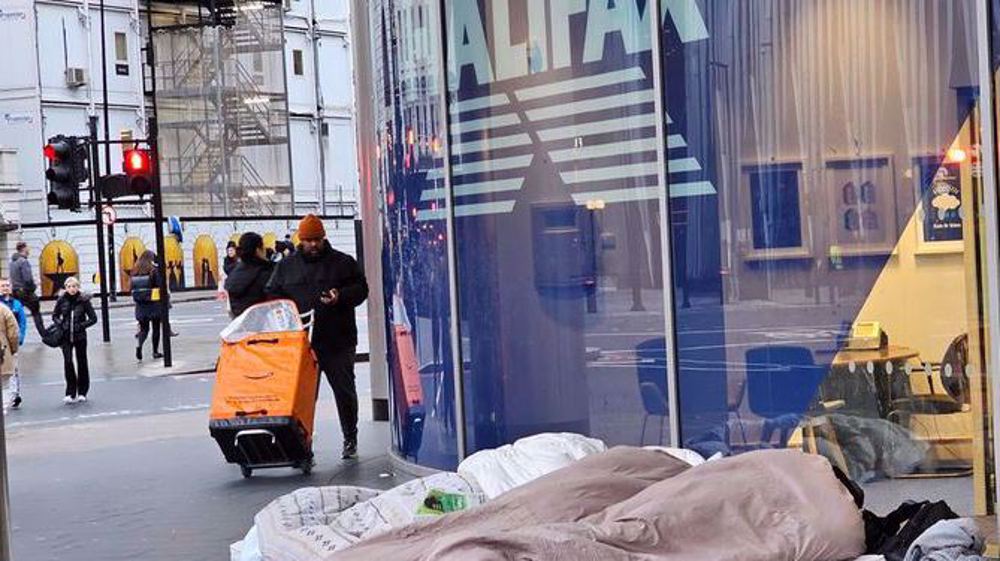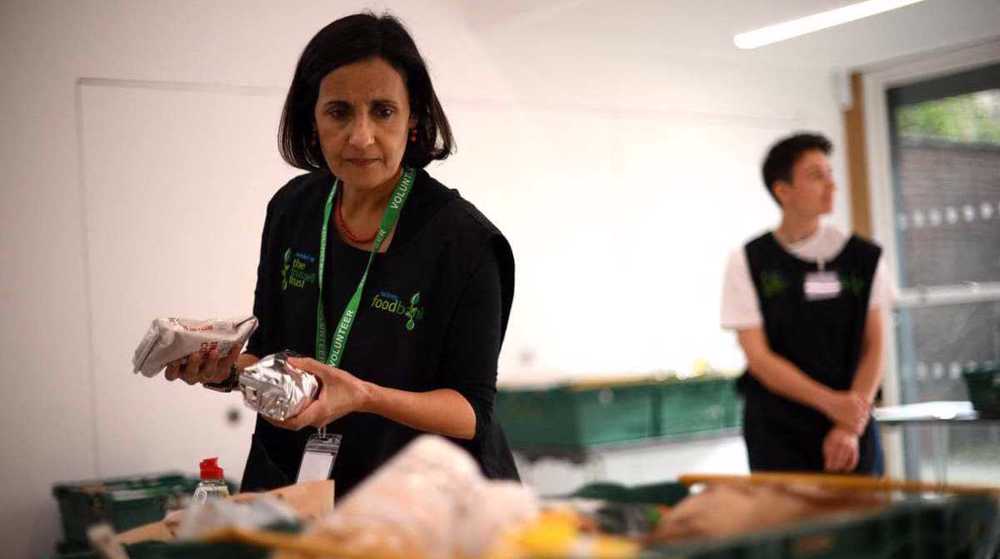UK hospitals face large-scale disruption as nurses walkout over pay
Nurses across the UK have waged a new strike as part of a protest action by the Royal College of Nursing (RCN) trade union in what they refer to as their largest work stoppage to date this year, as the cost-of-living crisis deepens across the country.
The strike that started Sunday evening will affect half of the British government's National Health Service (NHS) trusts, marking the first time nurses working in A&E (Accident and Emergency), intensive care and cancer services have joined the picket lines.
The strike, which the government has described as "incredibly disruptive for patients," is due to continue until midnight on Monday, though the union has agreed that nursing staff can be called in for some critical areas.
The 28-hour strike takes place ahead of a crucial meeting between a number of health unions, cabinet ministers, and NHS executives on Tuesday, when the government's pay offer of five percent will be discussed.
The RCN had earlier rejected the government's wage hike offer and declared this latest strike, which is their third so far this year in the dispute over pay, recruitment, and retention in the NHS.
Members of the Unite union at some NHS trusts and ambulance services in England are also taking part in strike action on Monday and Tuesday, after also voting to reject the latest pay offer.
UK's Health Secretary Steve Barclay, meanwhile, slammed RCN's strike decision as "premature" and disrespectful to other unions taking part in the Tuesday meeting.
NHS England also announced that the strike was the largest industrial action so far, warning patients to expect "disruptions and delays to services over the strike period."
It further warned that staffing levels for some areas would be "exceptionally low, lower than on previous strike days" and the number of rescheduled appointments as a result of strike action was due to hit half a million next week.
It noted, however, that discussions over the weekend had secured "a number of national agreements" to ensure staff could provide care "to protect life and limb services."
The walkout by RCN members began at 20:00 BST on Sunday and was originally supposed to continue into Tuesday but a High Court judge ruled it would be unlawful because a six-month mandate for action had expired.
During nursing strikes earlier this year -- in January and February -- wider national exemptions were in place, meaning nursing cover was maintained in other critical areas.
Meanwhile, Unite members at the Yorkshire ambulance service and Guy's and St Thomas' NHS Trust in central London will also start a walkout on Monday and stage a protest march in central London.
Then on Tuesday, Unite members at South Central, South East Coast, and West Midlands ambulance trusts alongside workers at The Christie NHS Foundation Trust and Pathology Partnership, East Lancashire Hospitals NHS Trust and Sandwell and West Birmingham NHS Trust will all take part in the industrial action.
Hamas rebukes Trump's 'Board of Peace' meeting
Iran and Saudi FMs discuss outcomes of latest indirect Iran-US talks
VIDEO | Maritime anti-terrorism drill
UK's police arrest ex-prince Andrew over sex scandal linked to Epstein
Iran elected vice-chair of UN Special Committee on Charter
Iran envoy says decision made to exchange ambassadors with Egypt
Russia continues to develop relations with Iran: Kremlin
VIDEO | Friends of Palestine meet at UN in Vienna













 This makes it easy to access the Press TV website
This makes it easy to access the Press TV website